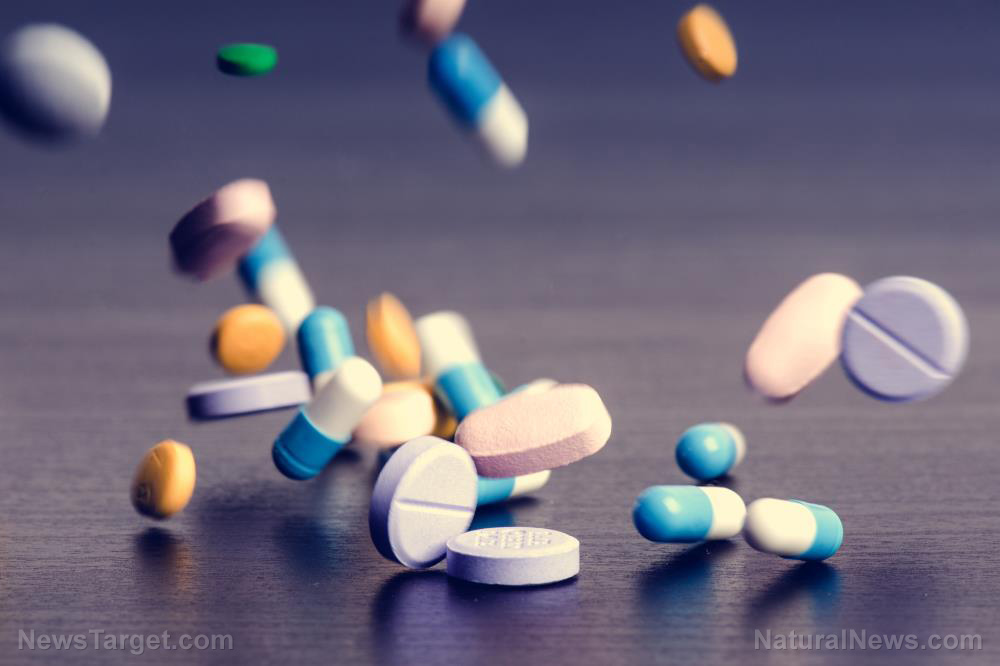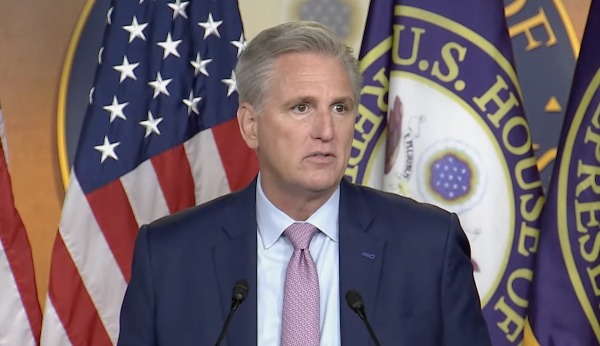HISTORY OF FRAUD: Pfizer agreed to pay $49 million settlement in 2002 over Lipitor price gouging
01/12/2023 / By Ramon Tomey

Back in 2002, Pfizer agreed to a $49 million settlement over allegations that it defrauded the federal government and 40 states by charging too much for its cholesterol treatment Lipitor.
The Department of Justice (DOJ) confirmed Pfizer’s settlement with federal authorities, the New York Times reported on Oct. 29, 2022. The New York-based drug manufacturer was accused of misleading both state and federal governments about discounts it received for Lipitor under the Medicaid program. The health insurance program for the poor operated by state and federal governments “requires drug makers to pay quarterly rebates to states to account for discounts drug companies give to favored customers,” the Times said.
However, the DOJ accused Parke-Davis – a Pfizer subsidiary – of overstating the best price for Lipitor in the first and second quarters of 1999 by concealing $250,000 in discounts to a managed care customer in Louisiana. Established in 1866, Parke-Davis was acquired by Warner-Lambert in 1970. When Pfizer bought Warner-Lambert in 2000, Parke-Davis went under the New York-based pharmaceutical company’s wing. (Related: Pfizer a “habitual offender” that “persistently” engages in illegal activity, study warns.)
According to the Justice Department, the unreported discounts allowed the Pfizer subsidiary to retain more than $20 million in rebates owed to Medicaid. In addition to the $49 million payment, the department added that Pfizer agreed to a five-year corporate integrity agreement intended to prevent problems.
The Lipitor accusations stemmed from a lawsuit filed by a former Warner-Lambert employee. A statement from Pfizer, meanwhile, said the government will no longer pursue other accusations in the complaint – involving payments to five other health plans and two pharmacy benefit managers.
“We are pleased to bring this legacy Warner-Lambert matter to a conclusion,” Pfizer general counsel Jeffrey Kindler said. Kindler later became Pfizer’s chairman and CEO in 2006 until his retirement in 2010.
Lipitor continues to make profits for Pfizer
According to the Times, Pfizer’s revenue for Lipitor in 2001 amounted to $6.45 billion. Axios later reported in 2019 that sales for the anti-cholesterol drug hit an all-time high in 2006 at almost $13 billion. Sixty percent of this revenue came from the U.S. market.
Lipitor sales in the U.S. started declining precipitously in 2012 after the drug’s patent lapsed in late 2011. This coincided with the entry of generic atorvastatin pills in drugstores. The medication nevertheless “continues to generate roughly $2 billion per year in sales for Pfizer,” the Axios piece stated.
“But since 2014, annual sales have hovered around $2 billion thanks to the gigantic Chinese market. Pfizer has frequently won bids to sell Lipitor in Chinese hospitals ‘as they could more easily offer quality assurances for their higher-cost medicines,'” Bloomberg reported. But after losing a large hospital bid, Pfizer lowered Lipitor’s price in China by 30 percent in the hope that patients would buy it privately.
The piece by Axios‘ Bob Herman noted that Pfizer “is on pace to sell roughly $100 million of the statin in the U.S.” for the year 2019. He continued: “That isn’t a lot of money, broadly speaking. But it still means patients, health insurance programs and taxpayers are paying upwards of $14 per Lipitor pill – when generic equivalents cost less than a dime per pill.”
PharmaceuticalFraud.com has more stories about Pfizer.
Watch this video that outlines the known side effects of statins such as Lipitor.
This video is from the Natural News channel on Brighteon.com.
More related stories:
NEVER FORGET: Pfizer sued for $7B over illegal drug trials on kids.
Sources include:
Submit a correction >>
Tagged Under:
atorvastatin, big government, Big Pharma, conspiracy, corruption, deception, Department of Justice, health insurance, lipitor, medicaid, Parke-Davis, Pfizer, pharmaceutical fraud, statins, Warner-Lambert
This article may contain statements that reflect the opinion of the author
RECENT NEWS & ARTICLES
COPYRIGHT © 2017 CORRUPTION NEWS


















